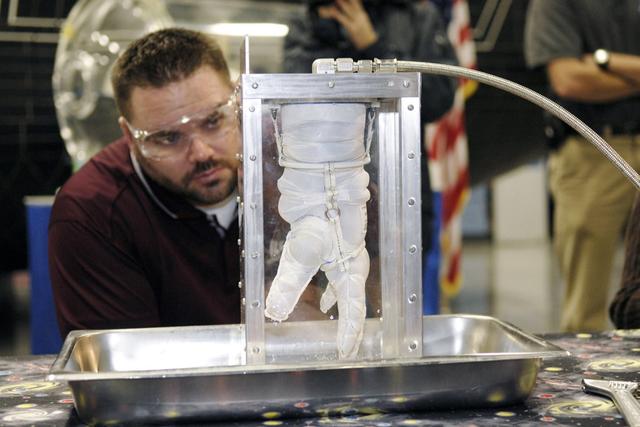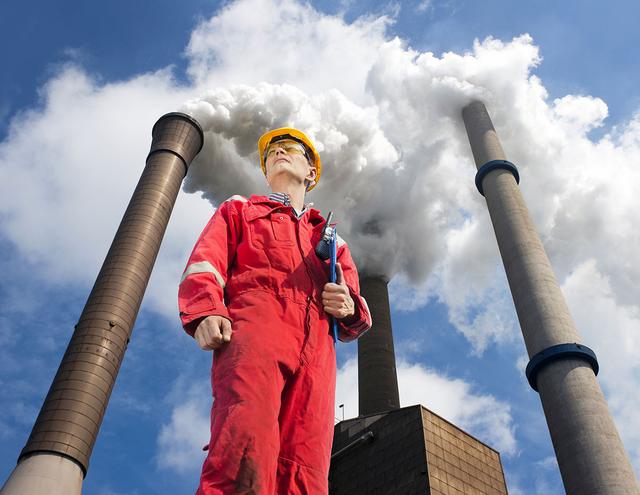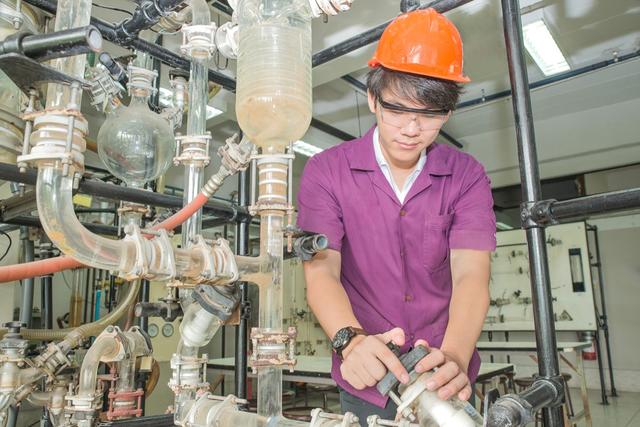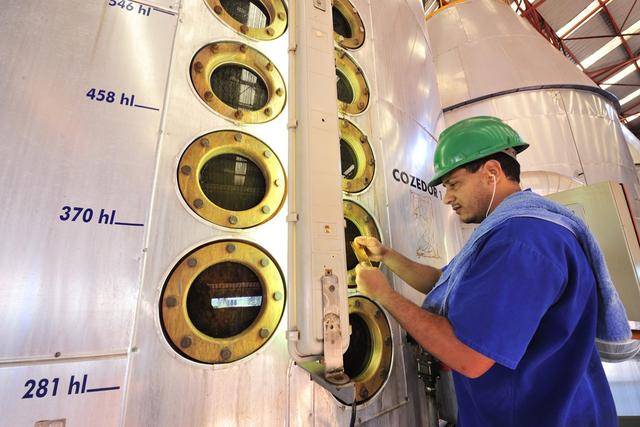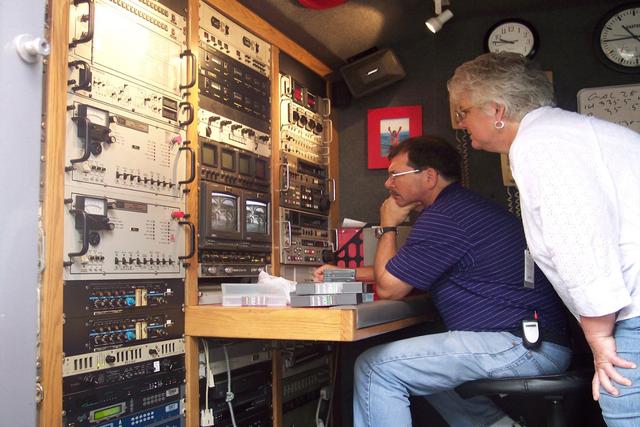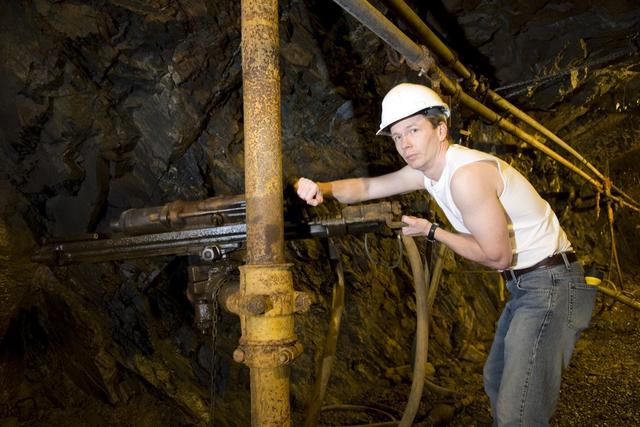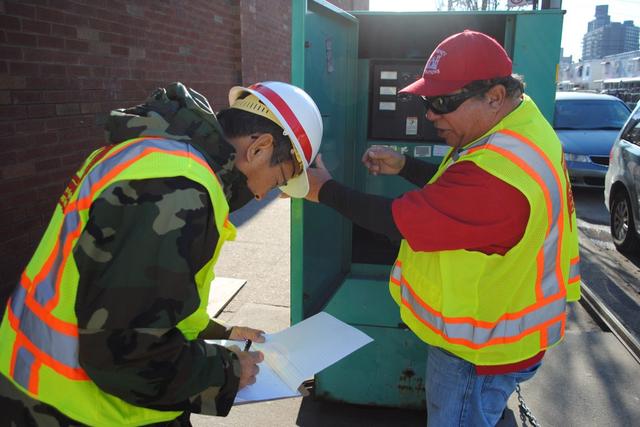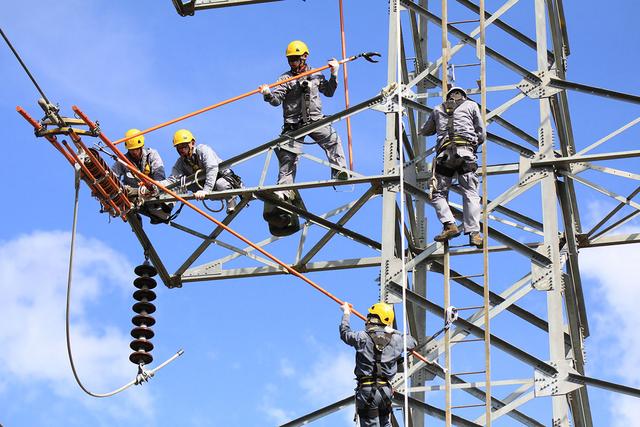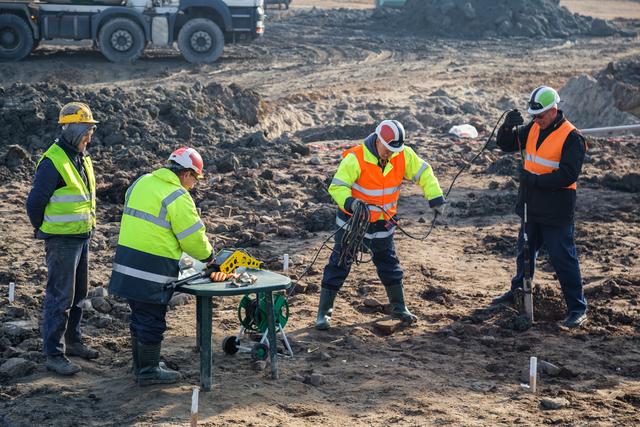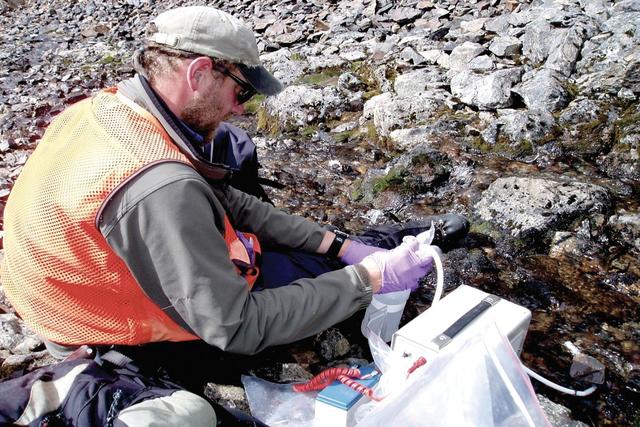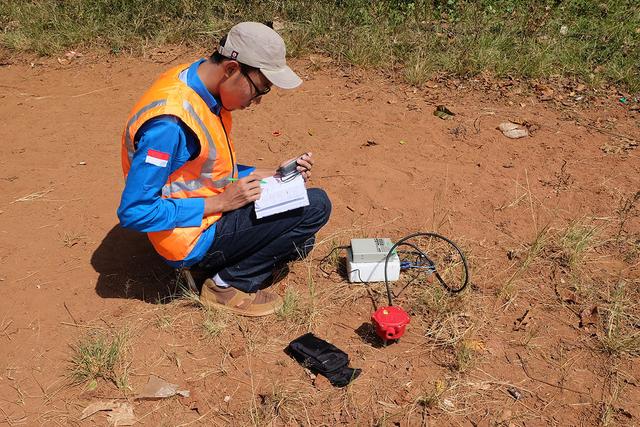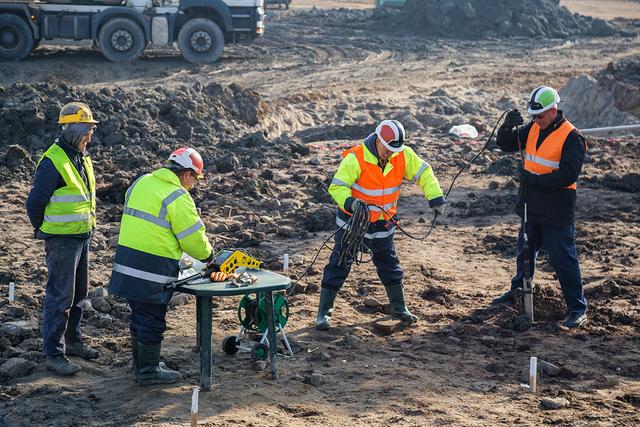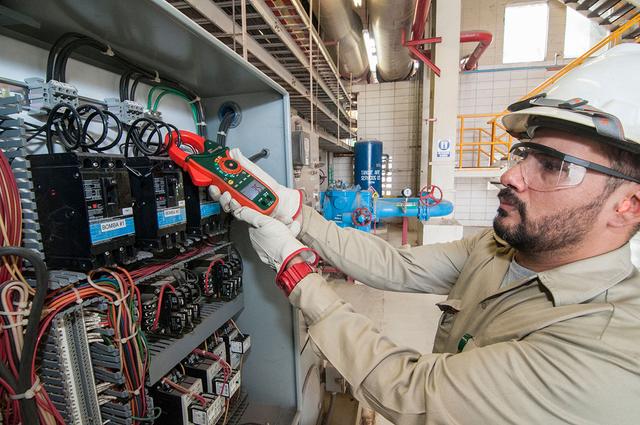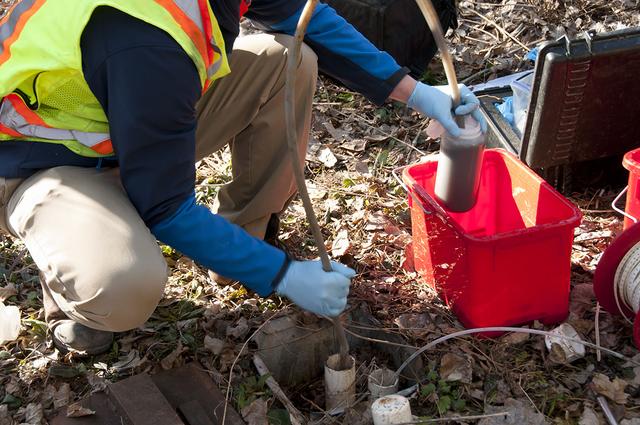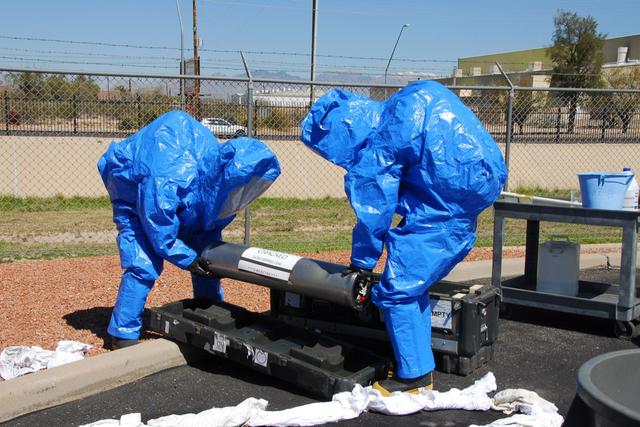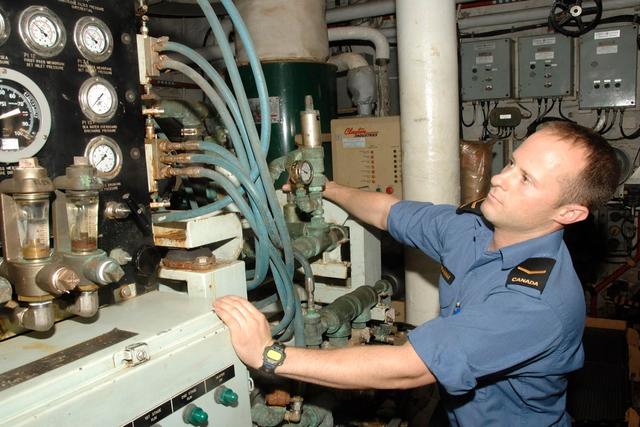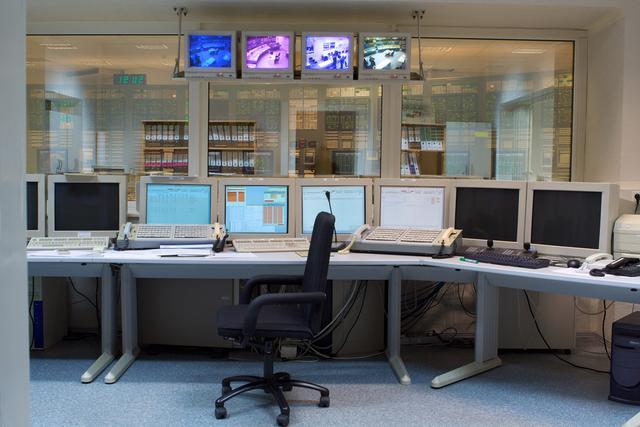Petroleum Technicians
Overview

Introduction
Petroleum technicians work in a wide variety of specialties. Many kinds of drilling technicians drill for petroleum from the earth and beneath the ocean. Loggers analyze rock cuttings from drilling and measure characteristics of rock layers. Various types of production technicians "complete" wells (prepare wells for production), collect petroleum from producing wells, and control production. Engineering technicians help improve drilling technology, maximize field production, and provide t...
Quick Facts
Median Salary
Employment Prospects
Minimum Education Level
Experience
Skills
Personality Traits
Earnings
Because of their many work situations, petroleum technicians salaries vary widely based on geographic location, experience, and willingness to travel or relocate temporarily. Petroleum and geological technicians had median annual earnings of $53,300 in May 2018, according to the U.S. Department of Labor. The lowest 10 pecent earned less than $28,020 annually and the top 10 percent earned more t...
Work Environment
Petroleum technicians may work on land or offshore, at drilling sites or in laboratories, in offices or refineries.
Field technicians do their work outdoors, day and night, in all kinds of weather. Drilling and production crews work all over the world, often in swamps, deserts, or in the mountains. The work is rugged and physical, and more dangerous than many other kinds of work. Workers...
Outlook
Employment of petroleum technicians is expected to grow 7 percent through 2028, a rate that is faster than the average for all careers, according to the U.S. Department of Labor (DOL). New cost-effective technology that permits new drilling and increases production will continue to be important in helping the profitability of the oil industry.
Oil and gas will continue to be primary ener...


